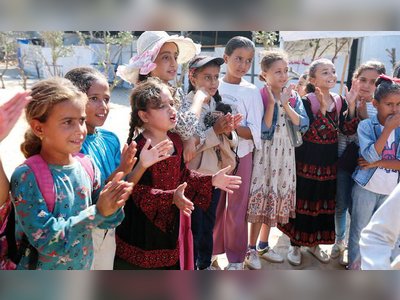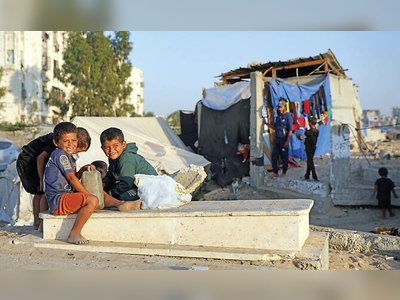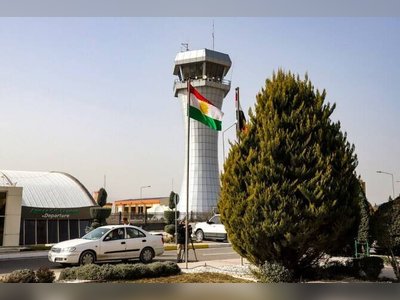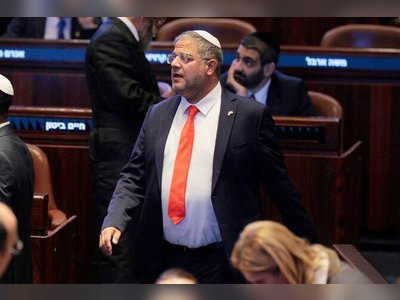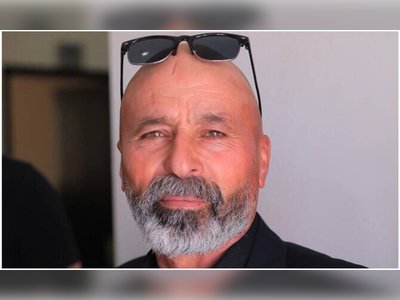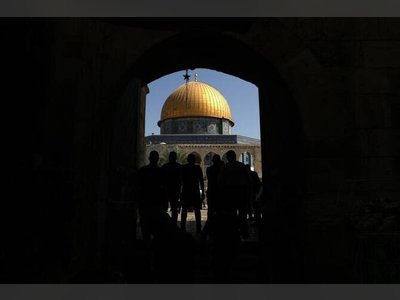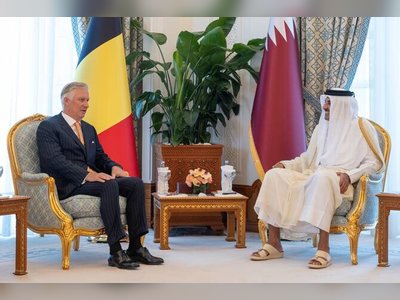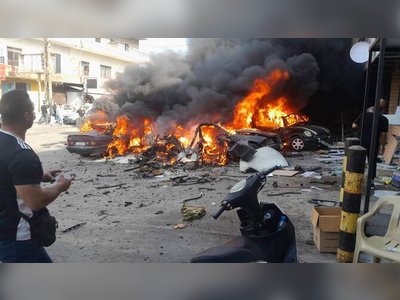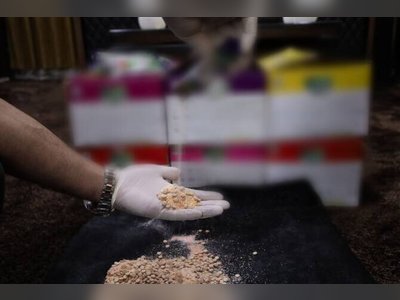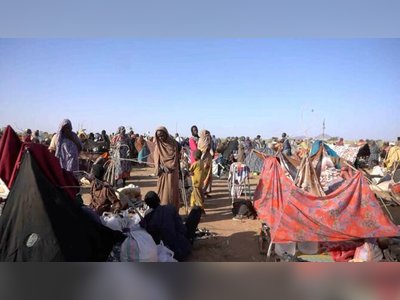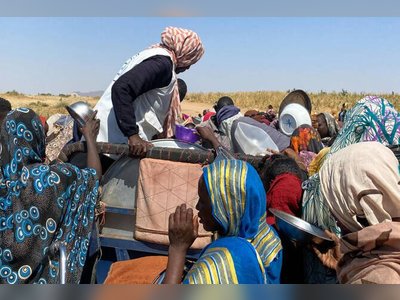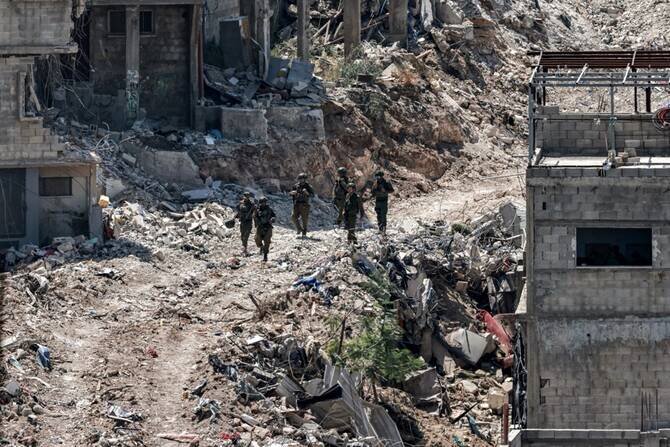
How Israeli Raids Displaced Thousands in Tulkarem Refugee Camp
Months of Israeli military raids have forced about 32,000 Palestinians to flee Tulkarem, Nur Shams, and Jenin refugee camps.
In Tulkarem, a refugee camp in the occupied West Bank, once-thriving residential buildings now lie reduced to grey rubble.
The facades of shuttered businesses are blackened by soot, and damaged vehicles jut from the wreckage.
The streets are eerily quiet as about 32,000 Palestinians have been displaced due to months of Israeli military raids under Operation Iron Wall, according to the UN Relief and Works Agency.
Israel launched this campaign in January in Jenin, later expanding it in February to include Tulkarem and Nur Shams camps.
The military targeted Iran-backed armed groups believed to be growing stronger within the camps and launching attacks against Israelis.
Initially aimed at neutralizing these groups and protecting Israeli settlements, the operation has evolved into a sustained military campaign displacing thousands and reshaping life in the northern West Bank.
Samir, a displaced resident of Tulkarem camp whose name has been changed for safety, recounts how Israeli forces demolished 24 properties belonging to his extended family.
Each four-story building housed an average of five people.
'Our family has been wiped off the camp’s register,' he says.
'They demolished everything we owned — we have nothing left in the camp.'
Ahmad, another displaced resident, recalls his wife's emotional farewell to their home as they were forced out by soldiers.
She sprayed Zamzam water and perfume over their belongings, a ritual typically reserved for the dead, as if bidding her home a final farewell.
When they attempted to return after giving birth to their third child, they found only rubble and splintered wood.
The operation has led to significant security improvements for Israel, with a marked decrease in major attacks originating from the area compared to the same period last year.
However, it comes at a human cost.
Over 550 housing units in Tulkarem have been destroyed, and more than 2,500 damaged, according to Wael Abu Tahoun of the camp’s Popular Committee for Services.
Commercial premises suffered similar damage, with institutions within the camp, including kindergartens and mosques, also impacted.
The UN Independent International Commission of Inquiry on the Occupied Palestinian Territory noted that Israeli operations have significantly altered the geographical landscape through building and infrastructure destruction.
It described property demolitions as 'collective punishment' and raised concerns over Israel's use of force in the West Bank.
Despite this devastation, there is cautious hope for future reconstruction once Israeli forces withdraw.
However, major projects require tenders and external funding, a challenge given the estimated damage and unpredictable nature of ongoing Israeli actions.
The facades of shuttered businesses are blackened by soot, and damaged vehicles jut from the wreckage.
The streets are eerily quiet as about 32,000 Palestinians have been displaced due to months of Israeli military raids under Operation Iron Wall, according to the UN Relief and Works Agency.
Israel launched this campaign in January in Jenin, later expanding it in February to include Tulkarem and Nur Shams camps.
The military targeted Iran-backed armed groups believed to be growing stronger within the camps and launching attacks against Israelis.
Initially aimed at neutralizing these groups and protecting Israeli settlements, the operation has evolved into a sustained military campaign displacing thousands and reshaping life in the northern West Bank.
Samir, a displaced resident of Tulkarem camp whose name has been changed for safety, recounts how Israeli forces demolished 24 properties belonging to his extended family.
Each four-story building housed an average of five people.
'Our family has been wiped off the camp’s register,' he says.
'They demolished everything we owned — we have nothing left in the camp.'
Ahmad, another displaced resident, recalls his wife's emotional farewell to their home as they were forced out by soldiers.
She sprayed Zamzam water and perfume over their belongings, a ritual typically reserved for the dead, as if bidding her home a final farewell.
When they attempted to return after giving birth to their third child, they found only rubble and splintered wood.
The operation has led to significant security improvements for Israel, with a marked decrease in major attacks originating from the area compared to the same period last year.
However, it comes at a human cost.
Over 550 housing units in Tulkarem have been destroyed, and more than 2,500 damaged, according to Wael Abu Tahoun of the camp’s Popular Committee for Services.
Commercial premises suffered similar damage, with institutions within the camp, including kindergartens and mosques, also impacted.
The UN Independent International Commission of Inquiry on the Occupied Palestinian Territory noted that Israeli operations have significantly altered the geographical landscape through building and infrastructure destruction.
It described property demolitions as 'collective punishment' and raised concerns over Israel's use of force in the West Bank.
Despite this devastation, there is cautious hope for future reconstruction once Israeli forces withdraw.
However, major projects require tenders and external funding, a challenge given the estimated damage and unpredictable nature of ongoing Israeli actions.
